Business Card
What is Business Card in Digital Marketing.

A business card is a small card that typically contains an individual’s or a business’s contact information. It serves as a tangible and portable tool for networking and sharing important details with potential clients, customers, or business partners. Business cards are commonly exchanged during meetings, conferences, networking events, or any situation where professional connections are established.
Key components of a business card include:
1. Name and Title: The individual’s or business’s name and the job title or position held.
2. Company Name and Logo: The name and logo of the individual’s or business’s organization.
3. Contact Information: Essential contact details such as phone number, email address, and physical address.
4. Website and Social Media Links: URLs to the individual’s or business’s website and social media profiles, enabling recipients to learn more and connect further.
5. Design and Branding Elements: Visual elements that reflect the individual’s or business’s brand identity, such as colors, typography, and graphics.
6. Optional Information: Additional information that may be included, depending on the purpose or industry, such as a tagline, professional certifications, or a QR code.
Business cards are typically printed on cardstock or similar materials and are often designed to be visually appealing and representative of the individual’s or business’s brand image. The card’s layout, font choice, and overall design should align with the brand identity and convey a professional and memorable impression.
The purpose of a business card is to provide recipients with a tangible reference point for contacting the individual or business in the future. It serves as a convenient way to exchange information and establish a connection that can lead to further professional opportunities or collaborations. While digital alternatives are becoming more prevalent, traditional business cards still hold value in face-to-face interactions and serve as a physical reminder of the encounter.
In the context of digital marketing, a business card refers to a digital representation of a traditional printed business card. It serves as a virtual or electronic version of the physical card, allowing individuals or businesses to share their contact information and key details electronically.
Digital business cards offer several advantages in the realm of digital marketing:
1. Accessibility: Digital business cards can be easily accessed and shared across various digital platforms, including email, social media, messaging apps, or websites. This makes it convenient for individuals to distribute their contact information to a wider audience.
2. Interactive Features: Unlike traditional business cards, digital business cards can include interactive features such as clickable links, social media icons, QR codes, or even embedded videos. This enables recipients to engage directly with the digital card, visit websites, connect on social media, or access additional resources.
3. Analytics and Tracking: Digital business cards allow for the integration of analytics tools, providing insights into how the card is being viewed, shared, and engaged with. This data can be valuable for measuring the effectiveness of marketing efforts and optimizing future interactions.
4. Eco-Friendly and Cost-Effective: By using digital business cards, there is no need for printing physical cards, which can be more sustainable and cost-effective in the long run. It also eliminates the need for constantly updating and reprinting cards with new information.
5. Personalization and Customization: Digital business cards offer more flexibility in terms of design and customization. They can incorporate branding elements, personalized messages, and dynamic content that can be tailored to different audiences or marketing campaigns.
6. Integration with CRM and Marketing Tools: Digital business cards can be integrated with customer relationship management (CRM) systems and other marketing tools. This enables seamless capturing of leads or contact information, allowing for efficient follow-up and nurturing of potential customers.
When utilizing digital business cards in digital marketing strategies, it is important to ensure that they align with the overall brand identity, provide clear and concise contact information, and offer value to the recipient. By leveraging the convenience and interactive features of digital business cards, businesses can enhance their digital presence, facilitate networking, and foster engagement with their target audience.
Post Categories
Outline Project
Digital Marketing
Social Media Marketing
Website designing
Collaboration
Collaboration tips
Digital Marketing company
Email Marketing
PPC Marketing
SEO Services
Digital Marketing Delhi
SEO Marketing in delhi
Visual Identity in Delhi
Website Designing in Delhi
Publishing Design
Outdoor
Object & Volume
SEO & SMO
Visual Identity

